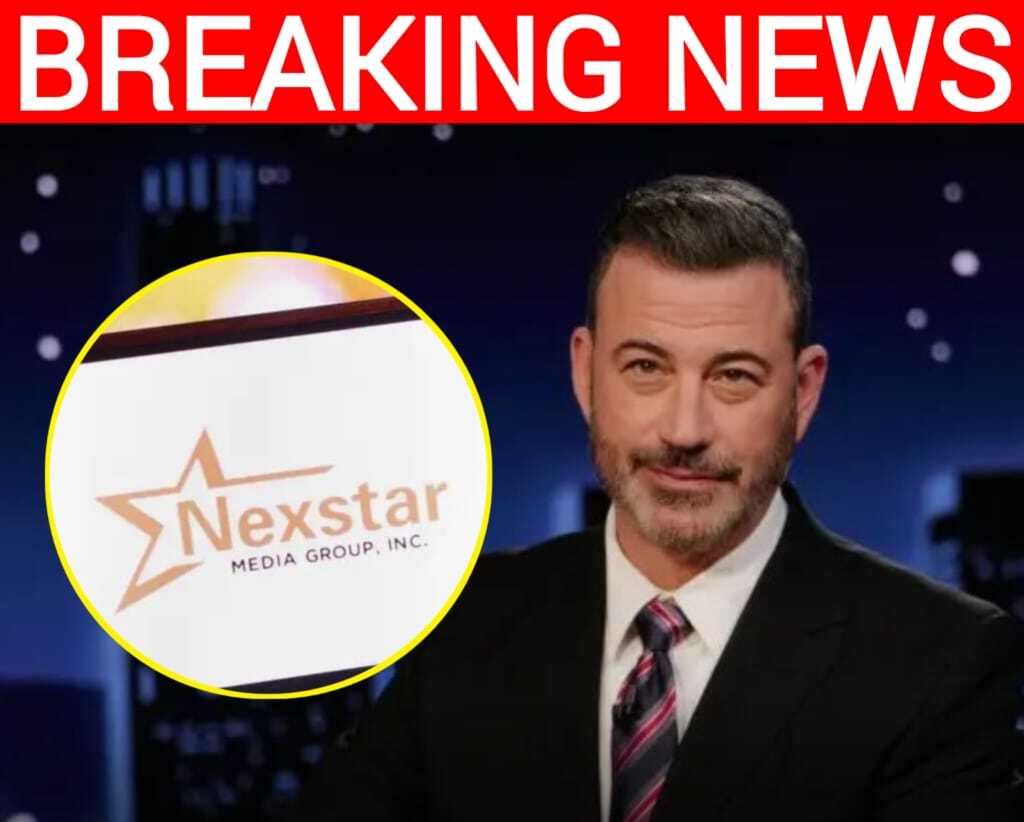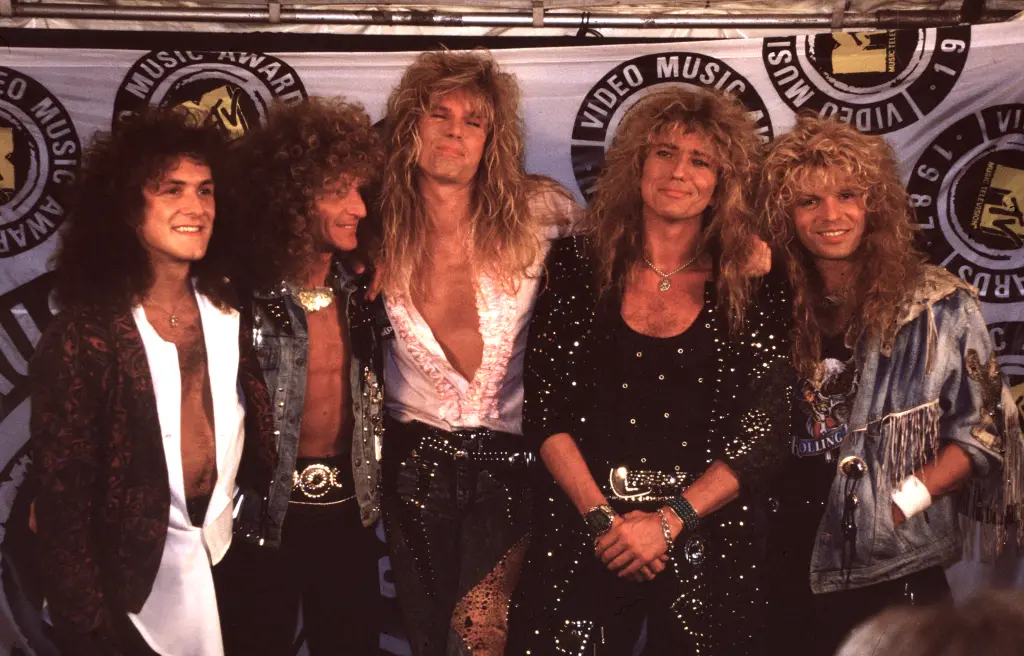Nexstar Refuses to Air Jimmy Kimmel Live Amid Controversy Over Charlie Kirk Comments, Leaving Late-Night Host in Limbo
Jimmy Kimmel’s late-night show has long been a fixture of American television, but today he finds himself in unfamiliar territory. Nexstar Media Group, one of the largest television station operators in the country, has announced that it will continue to preempt “Jimmy Kimmel Live!” on its ABC affiliates, citing frustration with Kimmel’s lack of apology for controversial remarks connected to Charlie Kirk’s assassination. It is a rare and striking move by a broadcaster to sideline such a prominent figure, and it has shaken up the already tense world of late-night television.
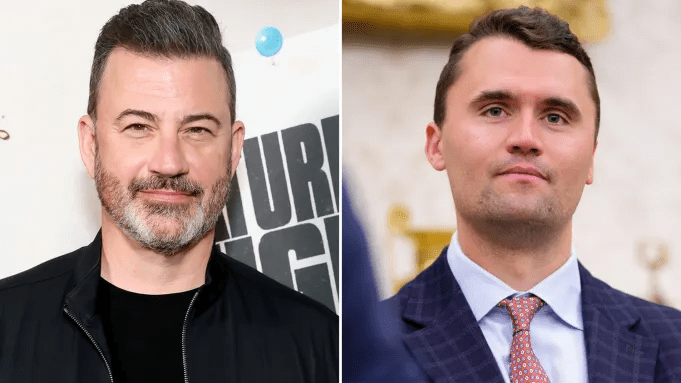
In a statement, Nexstar explained that it was “continuing to evaluate the status of Jimmy Kimmel Live! on our ABC-affiliated local television stations, and the show will be preempted while we do so.” This means viewers in dozens of markets across the United States are seeing local programming or alternate content in place of Kimmel’s show. The company has not said when or if the show will return to its stations. The decision is notable not only because of Kimmel’s high profile, but also because Nexstar’s reach covers some of the country’s most important local markets, giving the broadcaster significant influence.
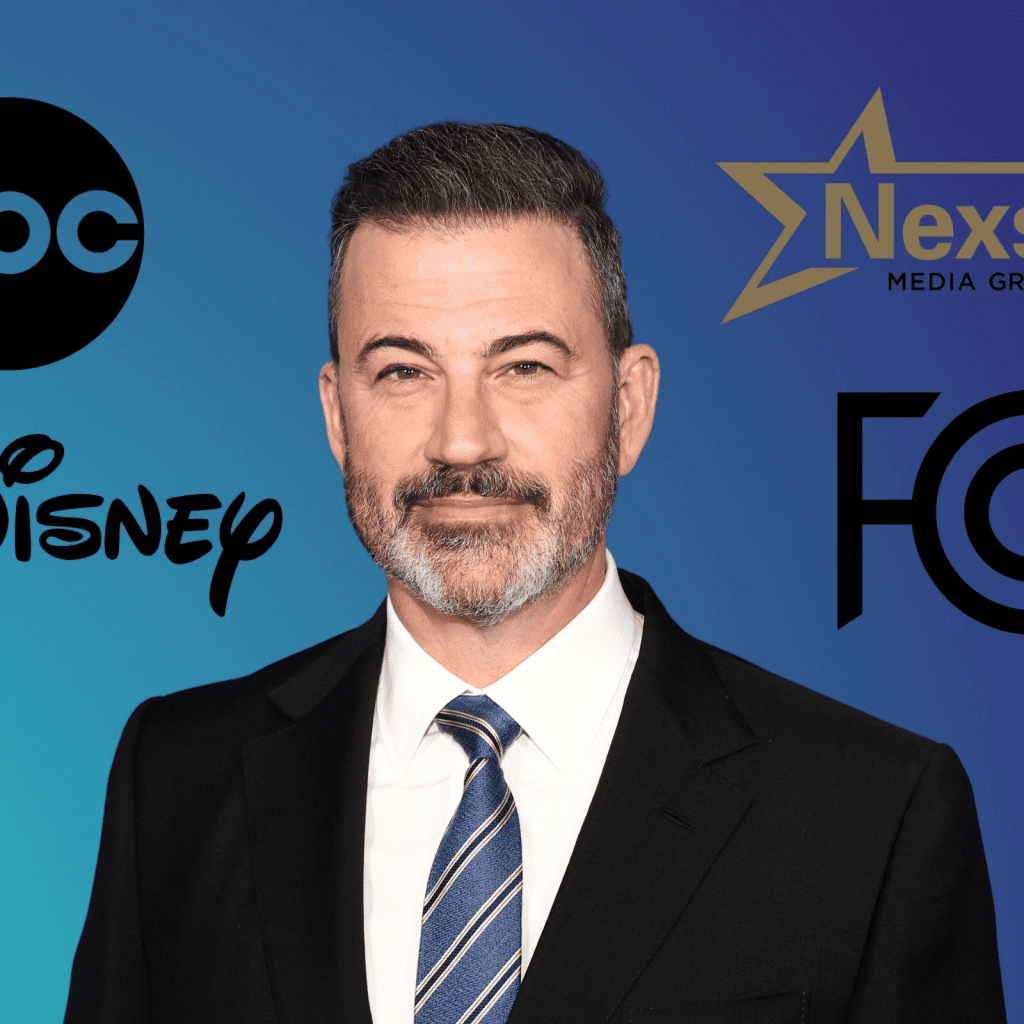
The ripple effect has been immediate. Sinclair Broadcast Group, another major station owner, has reportedly followed Nexstar’s lead, removing “Jimmy Kimmel Live!” from its ABC affiliates as well. Together, Nexstar and Sinclair represent more than 70 stations, meaning Kimmel’s absence is being felt by millions of potential viewers. For a program that relies on national reach, this kind of disruption is difficult to ignore. It highlights the vulnerability of even the biggest names in late-night television when local broadcasters decide to act.
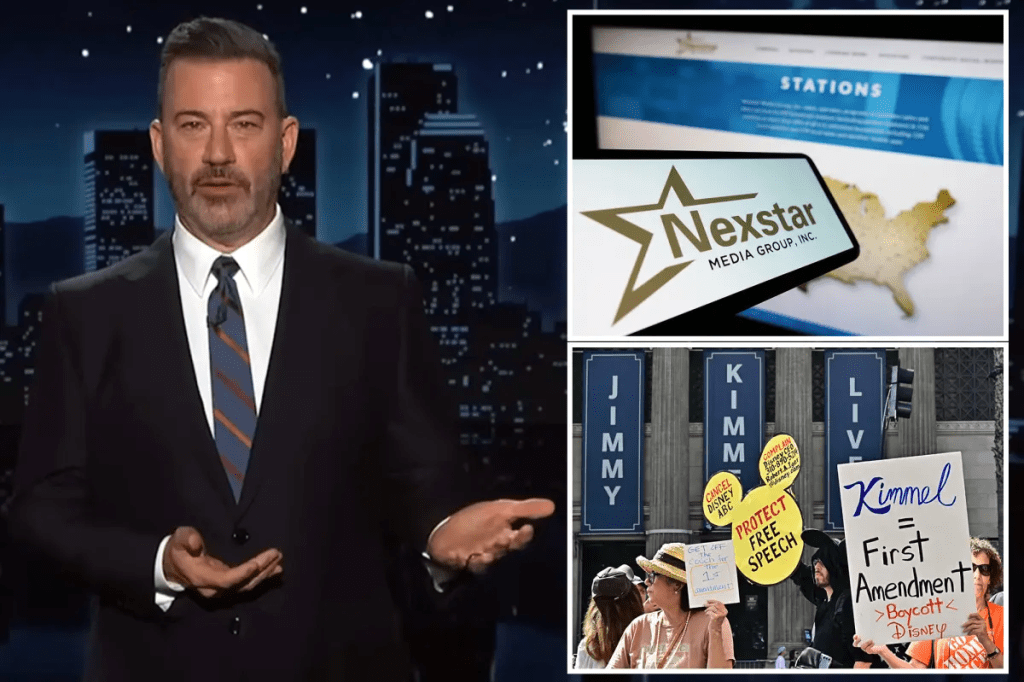
The timing of Nexstar’s move has raised eyebrows in the media industry. The company is currently pursuing a $6.2 billion merger with Tegna, another large television broadcaster. The merger is under review by the Federal Communications Commission, and Nexstar has been actively lobbying regulators. Some observers believe the company’s decision to pull Kimmel could be part of a broader strategy to position itself more carefully in front of regulators or to align with segments of the viewing public that have grown critical of late-night television’s sharp political edges.

It is no secret that late-night comedy has become increasingly polarizing in recent years. What was once broadly viewed as entertainment now often doubles as political commentary, with hosts like Kimmel, Stephen Colbert, and Seth Meyers openly critiquing political figures. A 2021 study in the Journal of Communication found that 68 percent of viewers perceived bias in late-night shows, reflecting how entertainment and politics have become more tightly bound together. For broadcasters like Nexstar, that perception can be a business concern, especially when public controversy threatens to spill into regulatory or advertiser relationships.
Public reaction has been swift and divided. Supporters of Nexstar’s move say it shows accountability, arguing that broadcasters should not reward inflammatory remarks with airtime. Critics counter that preempting a nationally broadcast program amounts to censorship, setting a precedent that could be used against other shows in the future. For Kimmel himself, the silence has been noticeable. He has yet to issue the kind of public apology that some have called for, leaving questions about whether his stance is one of defiance or simple calculation.
This moment represents a collision of entertainment, politics, and business. Nexstar has put itself at the center of a national conversation about what role broadcasters should play when hosts cross controversial lines. For Kimmel, the uncertainty of when his show will return to its full reach is a reminder that even established stars are not immune to backlash. For viewers, it highlights how fragile access to familiar programming can be when larger political and business pressures come into play.
As the story continues to unfold, one thing is clear: the decision to preempt “Jimmy Kimmel Live!” is more than just a programming change. It is a signal of how cultural battles, corporate strategy, and regulatory politics are colliding in today’s media landscape. Whether this standoff ends with Kimmel offering an apology, or Nexstar making its preemption permanent, the incident has already changed the conversation about late-night television in ways that will linger long after the headlines fade.
